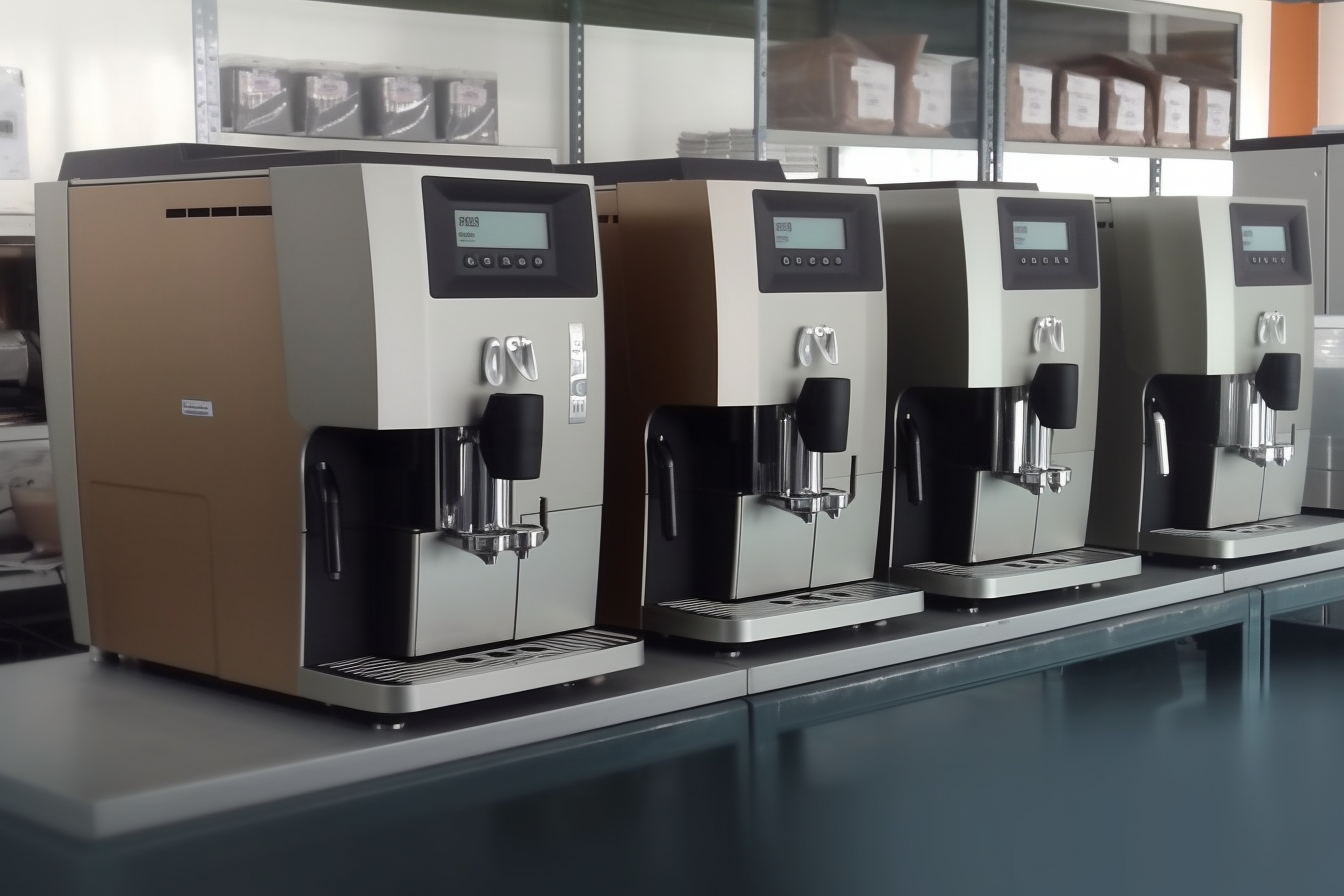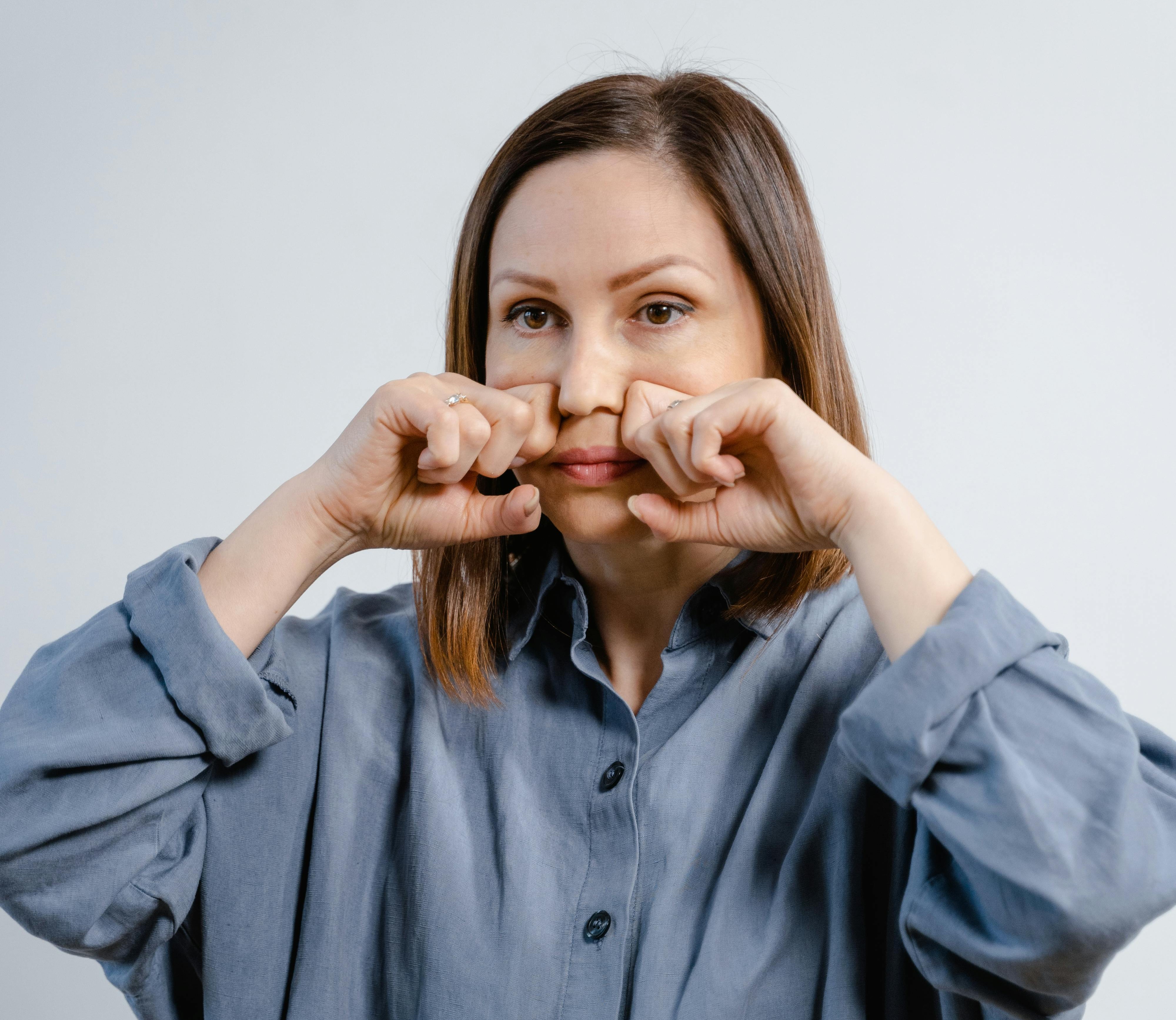The Importance of Self-Care in Modern Life
In today's fast-paced world, the concept of self-care has gained significant attention. As we navigate through our busy lives, filled with work commitments, family responsibilities, and social obligations, it's crucial to remember the importance of taking care of ourselves. Self-care isn't just about pampering; it's a vital practice that contributes to our overall well-being, both physically and mentally. This article explores the various aspects of self-care and why it should be an essential part of everyone's routine.

Why is self-care so important in today’s world?
The modern lifestyle often leaves us feeling overwhelmed and stressed. Constant connectivity, high-pressure work environments, and the expectation to be productive at all times can take a toll on our health. Self-care acts as a counterbalance to these stressors, providing us with the necessary tools to maintain our physical and mental health. By prioritizing self-care, we can improve our resilience, reduce burnout, and enhance our overall quality of life.
What are the different types of self-care?
Self-care encompasses various aspects of our lives. Physical self-care involves taking care of our bodies through proper nutrition, regular exercise, and adequate sleep. Emotional self-care focuses on managing our feelings and maintaining mental health through practices like meditation, journaling, or therapy. Social self-care involves nurturing relationships and setting boundaries. Spiritual self-care can include practices that connect us to our inner selves or a higher power. Professional self-care involves maintaining a healthy work-life balance and pursuing career growth opportunities.
How can one incorporate self-care into a busy schedule?
Integrating self-care into a hectic routine may seem challenging, but it’s not impossible. Start by identifying small pockets of time throughout your day that can be dedicated to self-care activities. This could be as simple as taking a 10-minute walk during lunch breaks, practicing deep breathing exercises between meetings, or setting aside 30 minutes before bed for reading or meditation. The key is consistency – even small, regular self-care practices can have a significant impact on overall well-being.
What are some effective self-care practices?
Effective self-care practices vary from person to person, as everyone has unique needs and preferences. Some popular and beneficial self-care activities include regular exercise, such as yoga or jogging, which can improve physical health and reduce stress. Mindfulness practices like meditation or deep breathing exercises can help manage anxiety and improve mental clarity. Engaging in hobbies or creative activities can provide a sense of accomplishment and joy. Setting boundaries in personal and professional relationships is also a crucial aspect of self-care, as it helps maintain emotional well-being.
How does self-care impact mental health?
Self-care plays a vital role in maintaining and improving mental health. Regular self-care practices can help reduce symptoms of anxiety and depression, improve mood, and increase self-esteem. By taking time to care for ourselves, we acknowledge our own worth and importance, which can boost confidence and self-image. Moreover, self-care activities often involve mindfulness, which has been shown to reduce stress and improve overall mental well-being. Engaging in self-care can also provide a sense of control and empowerment, particularly during challenging times.
What are some common misconceptions about self-care?
There are several misconceptions surrounding self-care that can prevent people from fully embracing its benefits. One common myth is that self-care is selfish or indulgent. In reality, taking care of oneself is essential for maintaining the energy and capacity to care for others and fulfill responsibilities effectively. Another misconception is that self-care requires a significant amount of time or money. While some self-care activities may involve spa treatments or vacations, many effective practices are free and can be done in just a few minutes a day. Lastly, self-care is often misunderstood as a one-size-fits-all approach, when in fact, it should be personalized to individual needs and preferences.
What are some popular self-care products and services?
The self-care industry has grown significantly in recent years, offering a wide range of products and services designed to support personal well-being. Here’s a comparison of some popular self-care offerings:
| Product/Service | Provider | Key Features | Cost Estimation |
|---|---|---|---|
| Meditation App | Headspace | Guided meditations, sleep sounds, focus music | $69.99/year |
| Fitness Tracker | Fitbit | Activity tracking, heart rate monitoring, sleep analysis | $99.95 - $299.95 |
| Aromatherapy Diffuser | URPOWER | Essential oil diffuser, color-changing light, auto shut-off | $24.99 - $39.99 |
| Online Yoga Classes | Glo | On-demand and live classes, various styles and levels | $18/month |
| Self-Care Subscription Box | TheraBox | Monthly delivery of wellness products | $34.99/month |
Prices, rates, or cost estimates mentioned in this article are based on the latest available information but may change over time. Independent research is advised before making financial decisions.
In conclusion, self-care is not a luxury but a necessity in our modern lives. By understanding its importance and implementing regular self-care practices, we can improve our physical health, mental well-being, and overall quality of life. Remember that self-care looks different for everyone, so it’s essential to find what works best for you and make it a consistent part of your routine.
The shared information of this article is up-to-date as of the publishing date. For more up-to-date information, please conduct your own research.




